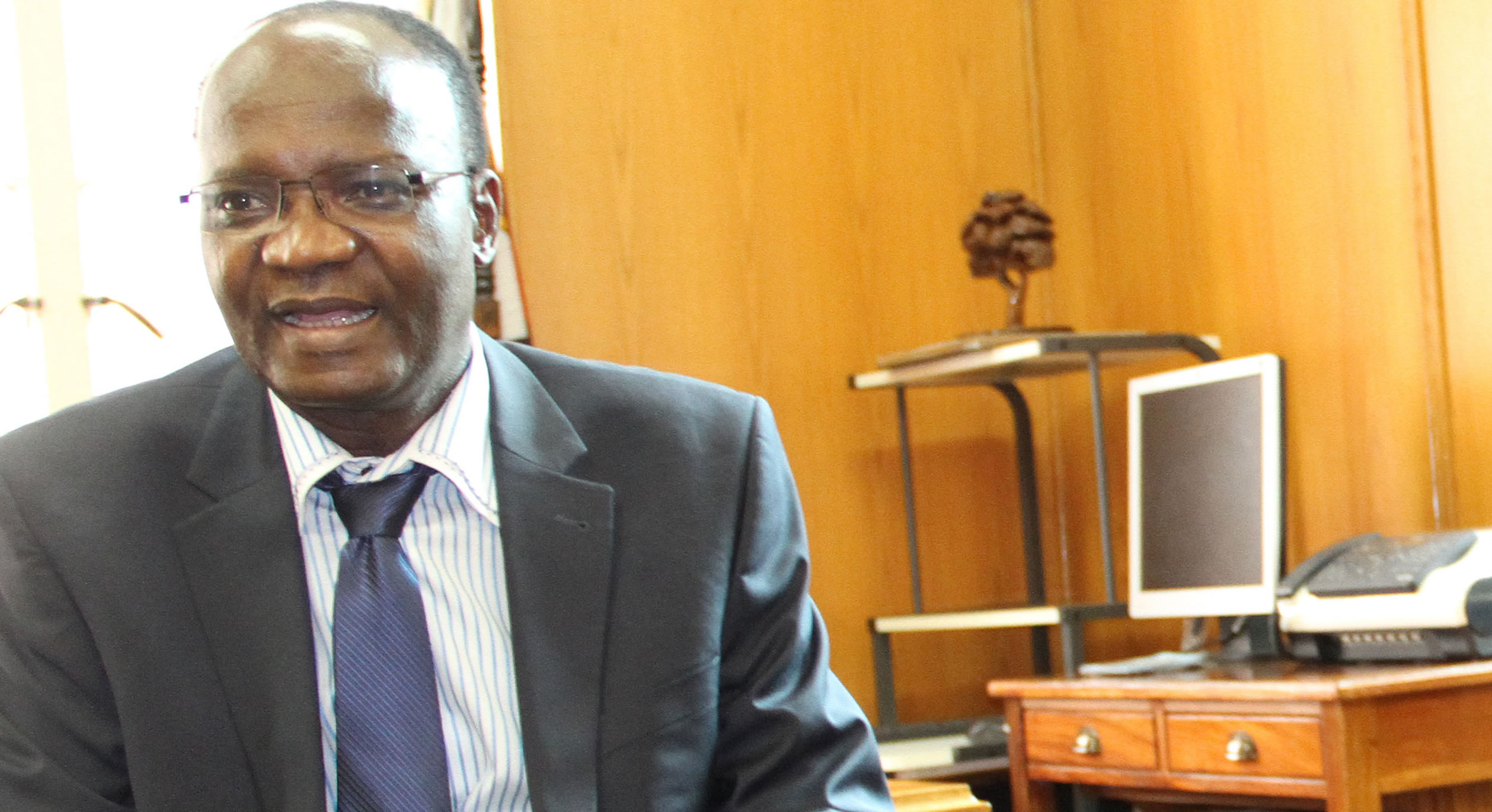Top dogs’ health services allowance scam exposed

Harare Bureau
HIGH ranking officials in the health sector reportedly draw to a combined $100,000 in monthly allowances for on-call and night duty which they don’t undertake, while nurses who do the actual work get a paltry $3 per month each.
The money comes from the $1,5 million allocated by the government for on-call and night duty allowances in this year’s national budget. This has forced nurses to embark on industrial action over allowances.
The $1,5 million is administered and disbursed by the Health Services Board, which employs health workers.
Nurses have been refusing to work during the night shift since Monday last week demanding that anomalies in the payment of allowances for on-call and night duty be corrected.
Our Harare Bureau is reliably informed that those who get the bulk of the allowances are directors in the Ministry of Health and Child Care, provincial medical directors and other senior health officials who do not perform night duties.
Health and Child Care Minister David Parirenyatwa last week confirmed that some undeserving cases were getting the allowances at the expense of the workers.
“There are some provincial directors and staff from the ministry’s head office who might have been getting on-call allowances,” said Dr Parirenyatwa. “There is need to correct the anomaly,” he said.
The strike by nurses has affected services at government hospitals which have been forced to work with skeletal staff made up of matrons and senior nurses during the night.
The Zimbabwe Nurses Association last week met with the Health Services Board to map the way forward, but the outcome of the meeting is not yet known.
Dr Parirenyatwa said three hospitals – Harare Central Hospital, Chitungwiza Central Hospital and Chinhoyi General Hospital – were the worst affected by the strike.
He said they had mitigated the crisis by drafting in army health personnel at the hospitals.
Sources said a meeting held by the ministry, the Health Services Board and the Zimbabwe Nurses Association in March discussed the undeserved drawing of allowances by the senior officials.
The meeting, according to the sources, did not resolve the matter.
Health Services Board spokesperson Nyasha Maravanyika could not elaborate on how the non-deserving directors ended up benefiting from the allowances.
“We’ve rectified the anomalies that had been there on allowances. This will see all medical professionals getting an allowance of 15 percent of their basic salary and non-medical professionals getting 10 percent of their basic salaries,” he said.
Maravanyika said the board would continue engaging with the nurses’ leadership to find a lasting solution to their grievances.
But investigations by our Harare Bureau revealed that nurses were only receiving a night allowance of $3 per month, translating to $0,10 a day.
Although the number of directors getting the money could not be ascertained yesterday, information indicated that they were receiving $403 monthly each as allowances.
Zina secretary general Simangaliso Mafa said the on-call allowances and the grading discord which had been on the cards since 2010 had triggered the latest night duty boycott by nurses.
“Nurses do standby duties at clinics and rural health centres, but the employer doesn’t recognise this,” he said. “Instead they’re paying people who work in offices, disregarding the nurses who do the duty.
“We’re not asking Treasury for additional funds, but are requesting for the fair and equitable redistribution of the $1,5 million availed to HSB.”
In their grievances, the nurses are demanding an upward review of on-call allowances to at least $100 each per month and night duty to $50 each.
They are also demanding regularisation of the grading system which they say has been in shambles since 2010, with those promoted still earning old salaries.









Comments